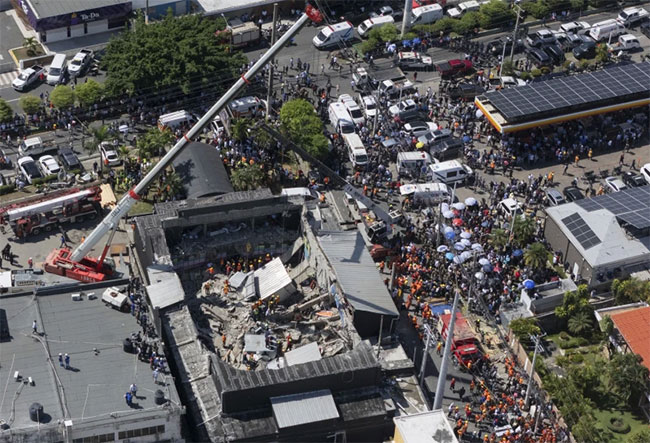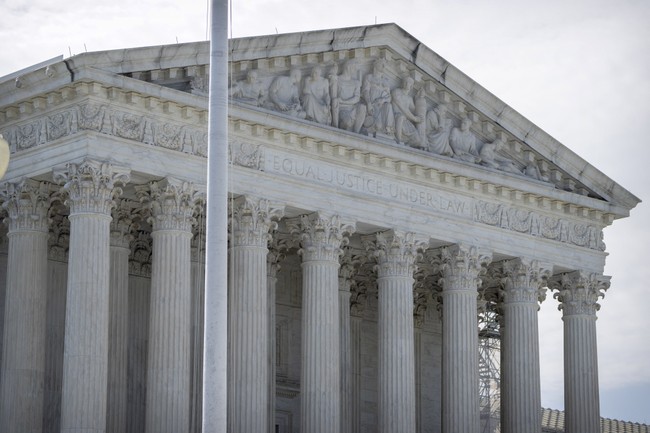Bomb Blast in Athens: Political Motives Unveiled?
Tensions rise in Athens as a bomb detonates near Hellenic Train offices, sparking political debates tied to Greece's 2023 railway disaster. What are the implications for public safety?
Published April 13, 2025 - 00:04am

Image recovered from arabnews.com
The tranquil atmosphere of Athens was shattered on Friday as a bomb exploded near the offices of Hellenic Train, Greece's main railway company. With no immediate reports of injuries, this incident has ignited a fierce public and political debate.
The explosion's context is significant as it reflects the ongoing tension in Greece following a ghastly railway disaster in 2023, where 57 lives were lost in a tragic collision between a freight train and a passenger train. The disaster, acknowledged as the worst in Greece's history, exposed glaring deficiencies in the safety systems of the nation's railway infrastructure.
Prior to the explosion, Greek media outlets received anonymous calls warning of the impending blast, giving authorities a narrow window for action. The planted explosive device detonated near a busy avenue, bustling with bars and restaurants, yet the threat was mitigated through quick police response, ensuring no casualties.
While Hellenic Train reported limited damage to its property, the psychological impact on the Greek populace is profound. Bombings, understood as a political gesture in Greece's turbulent history of domestic extremism, resurface fears of a new era of political violence against state-run or symbolic entities.
This bombing is not isolated from current political discourses. Government dealings are under intense scrutiny, especially following the botched handling of the railway disaster's aftermath. Public criticism is vehement, accusing government sturdy of abstaining from political responsibilities, raising questions about accountability.
In Parliament, discussions are heated, with debates turning into actions against former ministers suspected of misjudgments post-disaster. This mirrors a growing dissatisfaction portrayed in recurring protests, often ending in violence, a manifestation of the populace's anger and quest for answers and justice.
The rail disaster itself has spun into a major political crisis. Opposition parties allege mishandling of immediate responses by responsible ministers. The government, predominantly conservative, faces criticism on multiple fronts, with opposition voices calling out negligence over preventive safety measures which might have averted the 2023 tragedy.
Historically, Greece witnessed eras marked by violent domestic terrorism — a tableau of politically motivated bombings that seldom resulted in injuries but aimed to disrupt public tranquility. This sentiment surfaces once more, amidst fears of new anarchist or extremist factions gaining ground.
Moreover, the ownership of Greece's railway services is another contentious point. Human and political oversight flaws have been highlighted since the privatization of Greek rail through the Italian firm Ferrovie dello Stato Italiane. The operation, safety measures, and administrative misalignment in this organization continue to be questioned.
With the sound of sirens still echoing and the smell of explosives lingering, Athens streets are a reminder of the vulnerabilities in public safety against such malevolent political maneuvers. The bomb's message might rim with obscurity but eminently points to a pulse of unrest, symbolic to deeper dissent against government frameworks and their historical continuity in civic oversight.
Greece finds itself at a junction — dealing not only with tangible effects of bombings but confronting the potent political narratives that render public security and worker safety a prioritized agenda drawing local and international attention.







